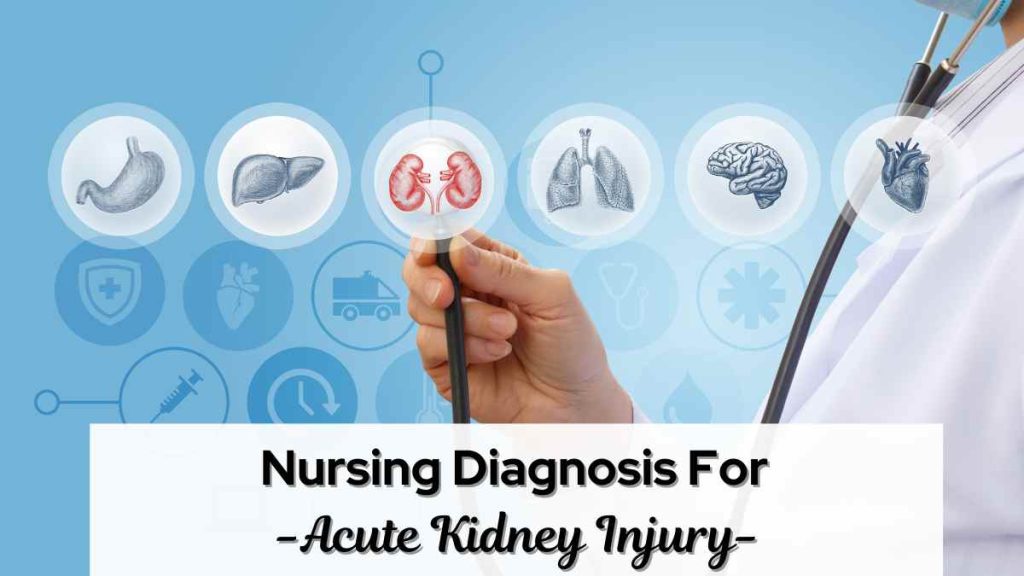- Oak Brook:(630) 705-9999
- Chicago:(312) 920-8822
- Email:inquiry@vervecollege.edu
- Make a Payment
- Home
- Programs
- Admission
- Resources
- ATI Entrance Exam Resources
- New E-Digital Library
- Refer a Friend
- School Newsletter
- Events
- Employers
- Job-Network
- Alpha Beta Kappa Candidates
- Verve College Library
- Graduation and Pinning Ceremony Photo Galleries
- Textbook Information
- Career Services
- Tutoring
- School Catalog
- FAQ
- Constitution Day Program
- Alumni
- Verve College Plans
- Financial Aid
- HEERF Reporting
- Satisfactory Academic Progress
- Apply For Financial Aid
- Net Price Calculator
- Return of Title IV Funds (R2T4)
- Financial Aid Office Code of Conduct
- Contact
- FAQs
- Verification Policy
- Vaccination Policy
- Student Right-to-Know Act
- Misrepresentation
- Information Security Program
- Academic Award Year
- Availability of Employee
- Cost of Attendance
- Health & Safety Exemption Requirement
- Students Rights and Responsibilities
- Leave of Absence
- Pell Formula
- Military Students
- Grants/ Scholarship Policy
- Contact Us
- Login
- Testimonials
- Blog
Is a Nursing Career Right For You?
Take The Free Quiz
Nursing Diagnosis For Acute Kidney Injury
Nursing Diagnosis For Acute Kidney Injury
The kidneys perform a wide range of essential tasks for daily living. Their primary responsibility is clearing wastes out of the bloodstream while also controlling blood pressure levels by flushing away excess fluid from circulation. The kidneys play an essential part in producing and regulating electrolytes as well as activating vitamin D production.
One can only begin to fathom the devastating results of kidney failure or damage when we consider their importance for overall bodily well-being. Acute kidney injury (AKI) is amongst the most prevalent kidney conditions, often accompanying other medical issues or events. Illinois College Of Nursing tuition offers in-depth knowledge on this.
What is Acute Kidney Injury?
Acute kidney damage occurs when kidney function suddenly declines, leaving kidneys unable to filter blood waste products efficiently, leaving the chemical composition of blood out-of-balance and dangerous levels of waste accumulation behind. When this happens, the chemical composition of the blood becomes imbalanced, resulting in accumulations of waste within organs that would normally filter waste, effectively accumulating in excess.
Acute kidney injury (also referred to as acute renal failure) can rapidly impact other organs, including heart, lung, and brain functions, as it develops quickly-often within days. Individuals hospitalized for serious illness tend to develop acute kidney injuries more frequently and frequently require intensive medical care, making the risk even higher.
Untreated acute kidney injury may progress into chronic renal disease, which may prove fatal without medical intervention. Patients without other serious medical problems may be able to reverse acute kidney injury through early treatment – potentially returning normal or near-normal renal function within weeks after initial symptoms have emerged.
Nursing care for people suffering from acute kidney injuries must focus on eliminating or correcting causes that can be reversed, including timely diagnosis of AKI and its causes; treating electrolyte or intravenous fluid balances issues, stabilizing acid-base balances, providing appropriate nutrition, avoiding complications and providing timely monitoring are also part of a patient’s ongoing care. Nursing students should look for LPN schools near me if they wish to learn more about acute kidney injury as an aspiring nurses.
Signs And Symptoms of Acute Kidney Injury
Depending on its cause, acute kidney injury symptoms vary in terms of their appearance. Some examples are:
- Patients experiencing low urine output or retention can become dehydrated quickly.
- Fluid retention causes ankle, leg, and eye swelling.
- Fatigue or tiredness from inactivity
- Breathing difficulty
- Confusion
- Nausea
- Chest pressure or pressure affecting the chest wall area and heart rhythm abnormalities
- Seizures or comas in severe cases could occur as a result.
Not every case of acute kidney injury manifests symptoms immediately; instead, it might only become evident after several tests conducted by your healthcare provider are ordered.
Related:- Acute Pain Nursing Care Plan: Causes, Signs & Symptoms
Causes of Acute Kidney Injury
Below are a few potential factors that could contribute to acute kidney injury:
Reduced Blood Flow to Kidneys
Acute kidney injuries may result from many diseases and conditions that reduce or block the flow of blood to kidneys, including:
- Hypotension/Shock
- Blood or fluid loss
- severe diarrhea/bleeding
- Cardiovascular Disorders that lower heart rate or function
- Organ Failure
- Major Operations
- Severe Burns
Direct Kidney Injury
Acute kidney injury may result from:
- Sepsis is an acute response to infection
- Glomerulonephritis refers to inflammation of kidney filters
- Hemolytic Uremic Syndrome – where red blood cells are prematurely destroyed.
- Lupus is an autoimmune condition that may trigger glomerulonephritis
- Scleroderma is an uncommon connective tissue and skin condition.
- A similar syndrome known as thrombocytopenic Purpura also exists
- Acute kidney injury due to muscle tissue disintegration is known as Rhabdomyolysis.
Urine Obstruction
- Urine obstruction can result in acute kidney injury due to conditions or disorders which obstruct urinary output flow from leaving the body, for example:
- Cancer of the bladder, prostate, or cervix.
- Men with benign prostatic hyperplasia/enlargement of their Prostate.
- Damage to nerves that control bladder/urination functions.
- Stones such as renal calculi or nephrolithiasis.
- Blood Clots Caused By Urinary Bleeding.
Nursing Diagnosis For Acute Kidney Injuries
Acute kidney injury nursing diagnosis is as follows:
Fluid Volume Excess (FVE)
Nursing Diagnosis
Fluid volume excess is often related to an impaired regulatory mechanism in the kidneys as evidenced by generalized edema, decreased urine production with a low urine specific gravity and distended veins of the neck as well as elevated blood pressure, sudden weight gain, and congested lungs on an x-ray scan.
Risk of Reduced Cardiac Output
Nursing Diagnosis
The risk of reduced cardiac output due to fluid overload and electrolyte imbalance from an acute kidney injury is high.
Imbalanced Nutrition Is a Major Concern
Nursing Diagnosis
Risk of imbalanced nutrition – less than body requirements due to dietary restriction to reduce nitrous wastes, increased metabolic demands, and nausea/vomiting caused by acute kidney injury
Risk For Infection
Nursing Diagnosis
With considerations to invasive interventions or diet changes due to acute kidney injuries. The likelihood or risk for infection-related issues increases following any reduction of immunity as well as interventions like urinary cathode rays, urinary catheterization, or diet change secondary to acute kidney injuries. If you wish to learn more as an aspiring nurse, now is the time to search for the best private LPN schools near me.
Deficient Fluid Volume at Risk
Nursing Diagnosis
Risk of deficient fluid volume due to excessive fluid loss attributable to acute renal injury.
 Sign up
Sign up Login
Login





